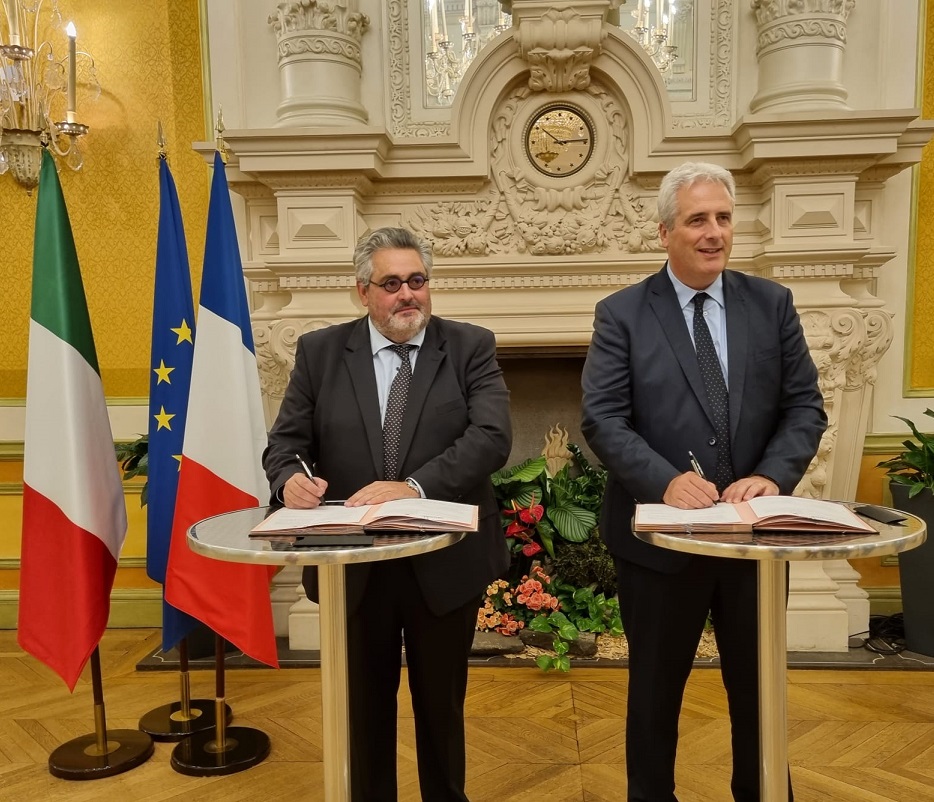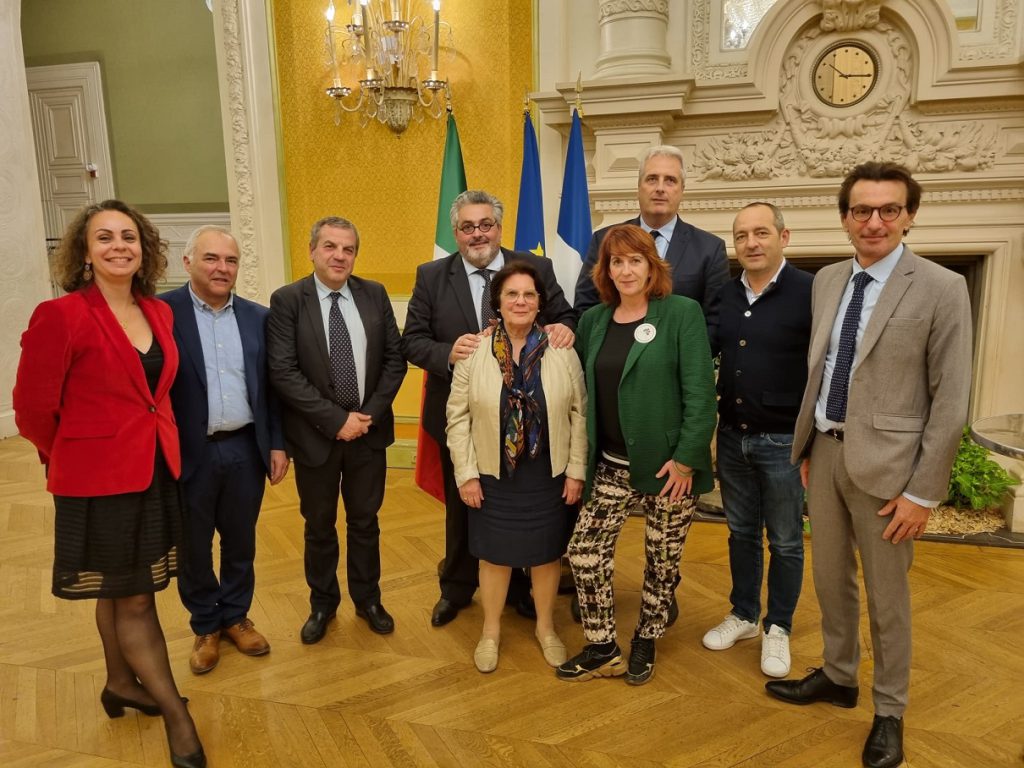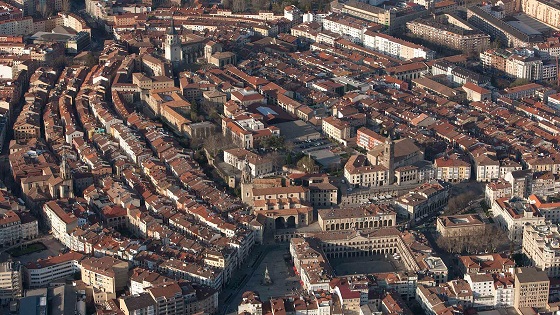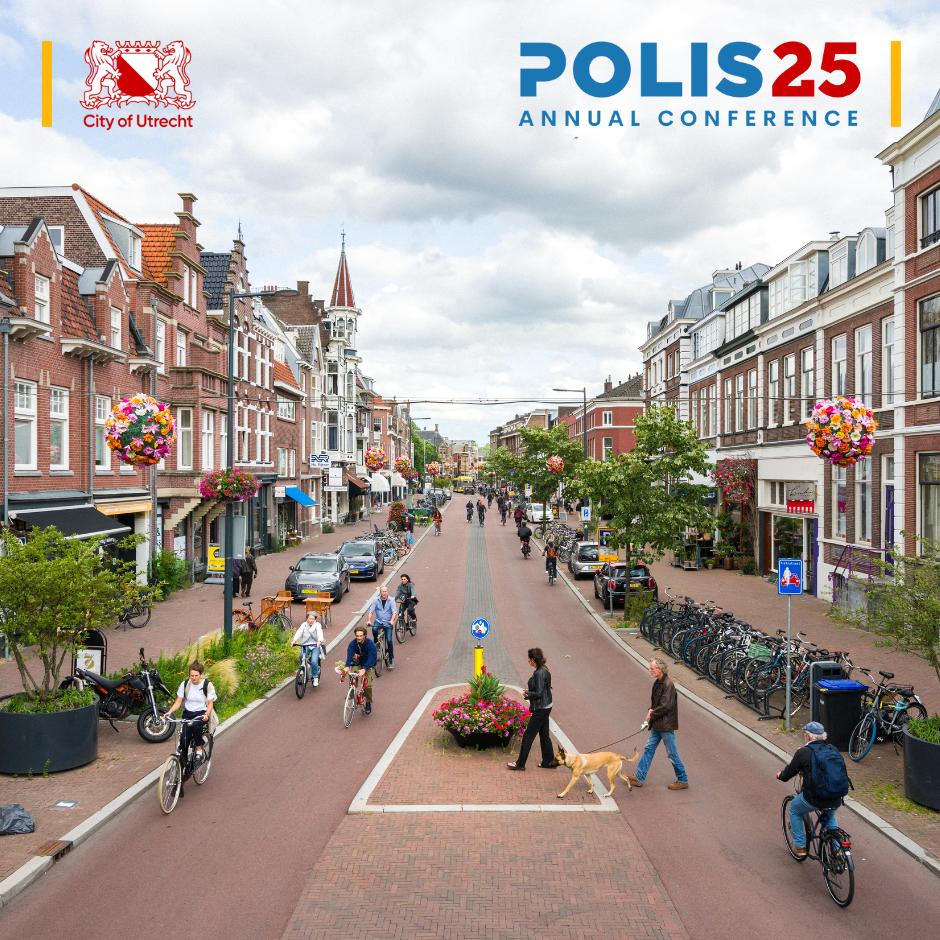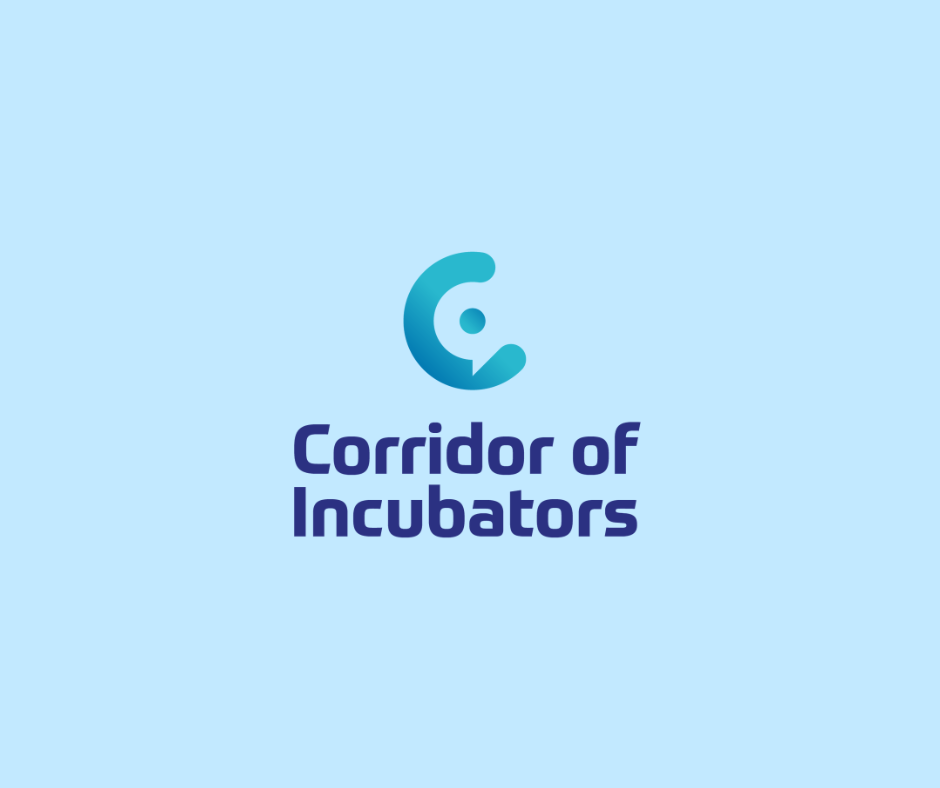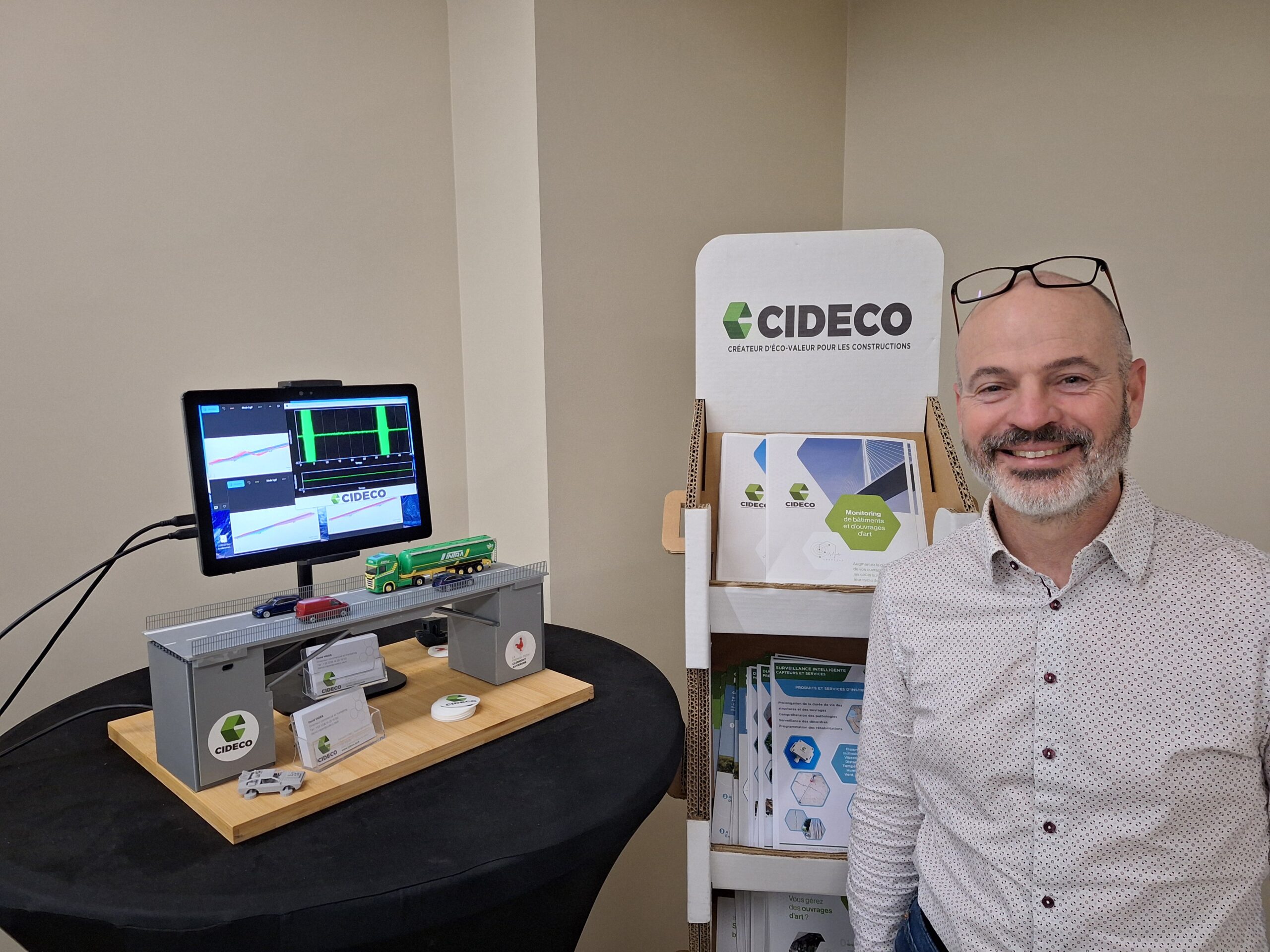In October 2021, many cities among the Network gather during thematic workshops called “Labs”, in order to launch some projects or discuss ongoing cooperation. After almost 2 years without meeting each others, it was an opportunity to finally gather and think on mutual issues. Here are the summaries of these Labs.
Circular economy lab, held on Tuesday 12 October:
Participants : Montreal, Clermont-Ferrand, Oyem and Rayong.
The International Network of Michelin Cities has been working on the sustainable city since its beginning. The circular economy is one of the pillars of the global theme of ecological transition.
The proximity between INMC and the academic world, has led to the idea of co-constructing a systemic analysis tool (energy, food, waste, etc.) aiming to promote the understanding of the mechanisms at work in cities, and would also make it possible to compare the Network’s cities with each other in order to identify the most effective initiatives.
These labs are therefore an opportunity for cities to discuss best practices in the circular economy, such as; the animation of a territory, data collection, the development of symbiosis, funding levers, entrepreneurship…
In the long term, the interested cities will benefit from new tools in terms of public policy analysis, but will also benefit from academic and technical expertise on their territories that they might not have been able to mobilize.
The cities of Vitoria-Gasteiz, Valladolid, Regensburg and Querétaro have already joined the initiative and participated in the first working group dedicated to the multi-criteria tool, set up on 29 June 2021, for a first exchange between the technical specialists and to present the different ways of approaching circularity in each city. Other virtual or face-to-face working sessions are planned for the last quarter of 2021.
The lab of October 12, 2021 allowed us to focus on the actors of the circular economy in Quebec and to confront them with the local actors of Clermont-Ferrand. This meeting allowed us to see the common points, but also the differences between the two territories and what solutions one territory can bring to another.
The next step in Querétaro, would be an opportunity for all actors in the field of the circular economy, whether public or private, to exchange and continue working on the implementation of this multi-criteria analysis tool.
Presentation of the multi-criteria tool.
In the afternoon, the participants discoverd the VALTOM site.
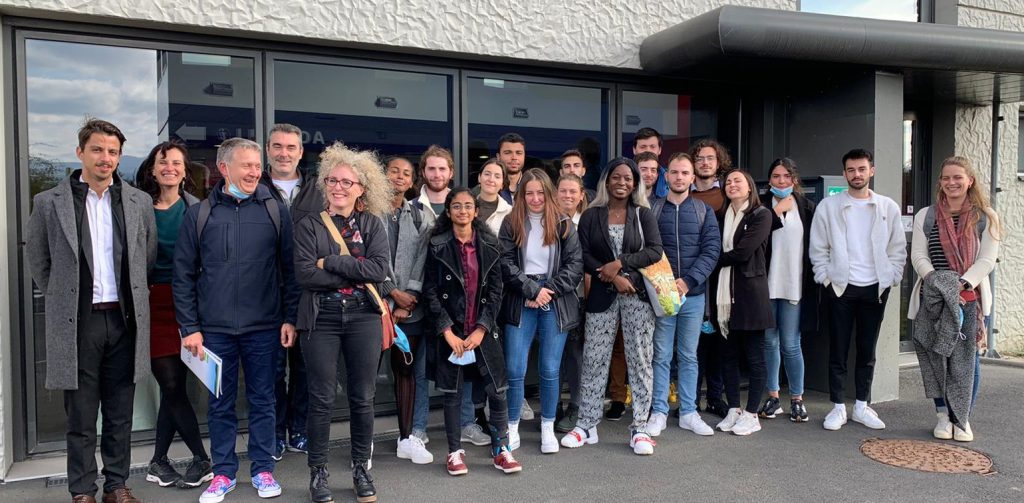
Travel diary Festival lab, held on Tuesday 12 October:
Participants : Cuneo, Clermont-Ferrand, Regensburg.
Launched in 2000, the « Rendez-Vous du Carnet de Voyage » welcomes today more than 20 000 visitors during 3 days. Each year, more than 130 booksketchers, writers, illustrators, directors promote an ethical and responsible travel that is focused on opening up to the world, on discovery and respect of differences and on the environment.
Moving away from mass tourism to a more human-centred approach is the message of the Travel diary Festival.
This year edition (to be held from 19 till 21 November 2021) will welcome in Clermont-Ferrand, 4 INMC cities booksketchers who will exhibit their works and exchange with the visitors:
– From Cuneo : Sighanda (Dominique FIDANZA)
– From Karlsruhe : Kerstin SCHOCH
– From Querétaro : Daniel VALENCIA
– From Valladolid : Felix TAMAYO
Kestin SCHOCH and Felix TAMAYO, present online, explained the richness of sketching everyday scenes while strolling through the streets of the cities. The exchanges with the inhabitants contribute to the intensity of their work. So the participants of the Lab came up with a proposal : why don’t INMC cities’ artists go to Querétaro a week before the 3rd Congress to sketch the city and exhibit their works during the 3 days congress ?
A very good idea that will be discussed again during the next Lab Carnet de Voyage!
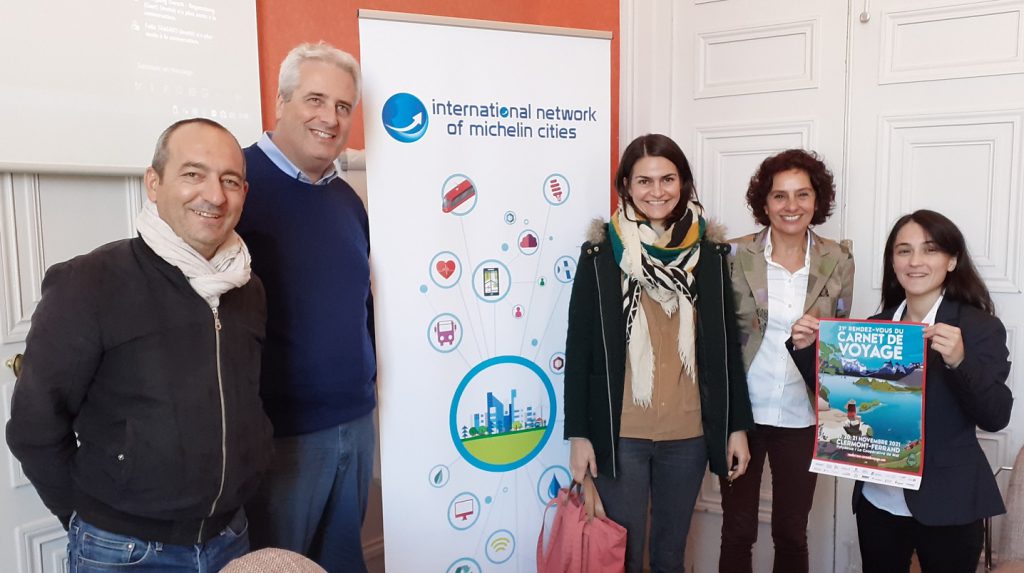
Sustainable mobility lab, held on Tuesday 12 October:
Participants : Kalrsruhe, Regensburg, Alessandria, Clermont-Ferrand, Querétaro, Montreal and Oyem.
Patrick Oliva, founder of OrbiMob and of Challenge Bibendom (now Movin’On), co-founder of PPMC ( Paris Process for Mobility and Climate) and of TDA ( Transport Descarbonization Alliance) has opened the discussions presenting the strong necessity for us all to synergize our respective efforts in order to have an integrated vision of the changes we need to conduct in terms of mobility and urban planning. All cities are facing similar global problems and working on solutions that have to be adapted to the local level. Gathering the respective experts together will enable to create a space for reflection, exchange, knowledge sharing, mutual assistance and collaborative research projects.
The subject of mobility is broad and raises many questions involving different sectors : urban planning (how to reallocate the public space), energy, environment, citizen behaviour (among the ones that have been discussed during the workshop).
In order to provide an efficient knowledge sharing, it has been then proposed to discuss on very specific thematics that will enable all the participating cities to get deeply into the subjects and share specific information.
Therefore, a google drive has been created to enable the participating cities to list the thematics of their interest and to share the contact persons and informations in order to prepare their next meeting.
A proposal has also be made to consider the possibility to work within the framework of a call for projects ( european or others).
As the topic about “citizen behaviour” came up often during the lab, the City of Valladolid has been added to the group as the city is currently working on an Interreg european project for improvement of public transport policies by involving citizens in the design of sustainable transport stategies.
Citizen participation lab, held on Wednesday 13 October:
Participants : Cuneo, Clermont-Ferrand, Vitoria-Gasteiz and Regensburg.
Introduction – the pedagogical value of participation brings us together:
Whatever our approaches to participation, they have in common that they acculturate the participants; to the subjects addressed as much as to the values of participation.
This is true for the inhabitants, who through participation better understand the functioning of their local administration (rules and procedures of public action), share the rules of living together (favouring the general interest rather than particular interests) and agree on common values (respect for the opinion of others, their right to speak, their differences…)
But our participatory mechanisms also allow the acculturation of technicians and elected officials to the stakes of participation (how to popularize one’s proposal, to lead debates in meetings…) as much as to the benefits that can be obtained from it (a concerted project is often more sustainable because it is better appropriated by the population, a successful participatory mechanism can have positive consequences on the civic engagement of citizens, notably their participation in elections). encourages citizens to get involved).
In short, we all have something to gain by promoting pedagogical approaches that allow each of us to better understand the other and to take our place in the life of the city.
Presentation of the Citizenship Open school of Vitoria-Gasteiz:
The school is an open space where everyone can come and get involved, according to their availability. The program is diversified and creative; it can be composed of shows, conferences, training on the power to act and empowerment. The common point of these various events is their social aim (such as conflict management at school…) and their purpose is to generate encounter and collaboration.
Its programs are aimed at citizens, technicians and elected officials (for example, the different political parties learn to listen to each other). Each of these groups is represented on the school’s board and participates in its programming. The latter is approved by each new municipal team at the beginning of its mandate.
The school also creates a link between the different bodies: the children’s council proposes projects to the Participatory Budget. And through its participation in the scheme, the young people learn about local public administration (what is a Participatory Budget, how the municipal budget works, how municipal officials work …)
Sponsors, such as banks or other local authorities (e.g. the Region) finance the activities of the School
Finally, the school remained active during the pandemic, all its activities were maintained online, with success – it played its social role of maintaining the link between the inhabitants.
Presentation of the Clermont-Ferrand Citizens’ Convention:
The Citizens’ Convention is composed of 4 key elements: a methodology allowing the inhabitants to choose the topics themselves, the search for a final compromise/consensus with the municipality, the active feedback to the population via the citizens’ vote; the follow-up of the proposals by a committee composed of inhabitants, in order to generate trust.
Conclusion – Follow-up:
After a debate on the participative democracy scheme and the representative democracy scheme, the participants agreed that the 2 models shoudn’t be opposed but both are needed for an healthy democracy. In fact, the participative tools are required for the representative democracy. It’s a matter of balance.
Since the participants in the workshop were all interested in the formative aspect of participatory approaches and since each of their communities has (or wishes to set up) a municipal youth or children’s council, we could study the initiative carried out by the City of Regensburg, entitled Mini-Regensburg, which consists of welcoming children for a day in a miniature city and entrusting them with a concrete role (Mayor, etc.) so that they can learn to manage their own affairs. ) so that they can learn to manage life in a community.
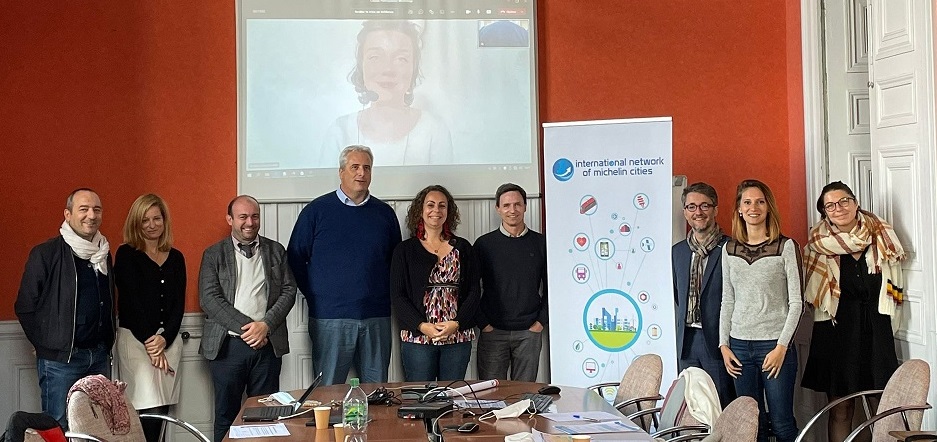
Trainee network lab, held on Wednesday 13 October:
Participants : Clermont-Ferrand and Regensburg.
The lab aims to build a network of interns to promote youth exchanges and the development of academic and professional internships within the network. During the last INMCGeneral Assembly, several cities showed a strong interest in this project which will enable young people to discover new cultures and learn foreign languages, as well as to professionalise themselves abroad.
During the lab :
• Ms. Ulrike Hecht from the Child and Day Care Department would like to resume discussions with the City of Clermont-Ferrand and if possible, with the City of Aberdeen with which they have not had contact for a little over a year.
• OTH Regensburg and the school “Berufliches Schulzentrum Matthäus Runtinger” wish to find partners among the members of the International Network of Michelin Cities. They wish to establish partnerships with English-speaking cities.
• Participants discussed the preferred characteristics for this network of trainees:
◦ Trainees with a B1 level (minimum) before their departure.
◦ Language training during the internship to improve skills, in particular so that the interns can master the language during their internship.
◦ Salary according to the possibilities of the structure that welcomes the trainees.
◦ Reception structure should help trainees find accommodation upon arrival.
▪ Ms. Ulrike Hecht mentioned the existence of an apartment in the City of Regensbrug which can be made available for a short-term intern (maximum 6 weeks).
• The participants in the meeting would like to have a contact list of people interested in exchanges to get in touch and find internship opportunities for their students.
• The participants wish to have a list of RIVM projects and the cities involved in order to better understand the network and the type of structures with which they could work in this network of trainees.
• A second meeting of this working group was mentioned for exchanges with more cities on the possibilities for the creation of this network of interns. Maybe after the INMC General Assembly.
Children Ambassadors of Coral protection lab, held on Wednesday:
Participants : Querétaro, Karlsruhe, Clermont-Ferrand and Dakar.
The rapid progress of coral destruction due to global warming has led the artist Jérémy Gobé to extend his work on coral by raising awareness of environmental issues among 9-11 year olds in Clermont-Ferrand through the study of coral and the creation of an imaginary coral reef.
Teachers and artists from Clermont-Ferrand who are participating again this year in the project have wished to share their own experience with other INMC cities. They’ve explained their work, how it broadens children’s knowledge of coral and environmental issues thanks to the pedagogical kit provided, but also the initiation to textile know-how which led the children to create a textile coral reef.
But for continental cities, a real question can be raised: living far from the sea, how can we make children interested and involved in such a project? Children are by nature curious and anything new attracts them. The work done with the artist in Dakar (Senegal) showed that the project could go much further.
As the city of Dakar is facing a huge plastic waste problem, the children have first collected the plastic waste in the streets and made their own coral reef… out of recycled plastic ! Several proposals have been made during the lab, for exemple : why not use this project to clean up rivers and link the problem of river waste with the one of the sea and the destruction of both ecosystems ?.
The educational kit, translated into 5 languages, can be sent to cities that wish to participate. The imaginary corals made by the children of the different cities could then be sent to Querétaro to be assembled into a coral reef and exhibited during the 3rd Congress.
Textiles & Antidots lab, held on Wednesday 13 October:
Participants: Clermont-Ferrand and Querétaro.
This project aims to highlight the cross-functional aspects of heritage and science, starting from the prophylactic notion of textiles and with a view to broadening the fields of textile study.
University researchers and textile experts (craftsmen, designers, museums) from INMC cities collaborate, share and highlight their heritage and textile know-how through 3-minute videos.
The Bargoin Museum (Clermont Auvergne Métropole) and the Imperial Palace of Shenyang have already produced their videos presented during the workshop.
Within the same frame of Textiles & Antidotes, a new collaborative project has been proposed « Dreams of Science » that will involve the Psychiatry Department, professors, students & patients.
The description will be sent shortly to the cities in order to organize a new lab.
A video show that presents all the videos of the different cities could be organized during the congress in Querétaro.
Summer school lab, held on Wednesday 27 October:
Participants: Clermont-Ferrand, Valladolid, Guarulhos and Vitoria-Gasteiz.
The intermediate spaces between cities and rural areas are the scene of many challenges.
Within the framework of the INMC, a Summer School about peri-urban agriculture is organised from 27 August to 3 September 2022 in Clermont-Ferrand. It will allow about thirty international and Clermont-Ferrand students to learn about the challenges of peri-urban agriculture through a transversal and multidisciplinary approach (architect, agronomist, urban planner, geographer, landscaper…).
This 1st LAB with the INMC cities was an opportunity to present the Summer School to interested cities and to define the next steps for the recruitment of international students who wish to participate in this project which will take place from 27 August to 3 September 2022.
Targeted cities: Braga, Karlsruhe, Salford and Vitoria-Gasteiz (link with National High School of Architecture of Clermont-Ferrand) + Montreal (link with AgroParisTech Institute) + Cuneo, Guarulhos and Valladolid
First part of the LAB: presentation of the Peri-urban Agriculture Summer School
Links and interrelationships between cities and their rural and agricultural surroundings are the scene of multiple issues. In the framework of International Network of Michelin Cities, the Summer School about Peri-urban Agriculture will take place in 2022 from 27 August to 3 September 2022 in Clermont-Ferrand.
The Summer School is organised by the City of Clermont-Ferrand and the Urban Planning Agency of Clermont Metropolis in partnership with 4 higher education institutes based in Clermont-Ferrand : AgroParisTech (environment), ENSACF (architecture), IADT (territorial development) and VetAgroSup (agronomy).
The objective of this project is to bring together 30 students (15 international students and 15 students from Clermont-Ferrand).
Students with different backgrounds and profiles (architect, agronomist, urban planner, geographer, landscaper) to work in a transversal way on the theme of peri-urban agriculture.
The program is in progress : practical works, field visits and seminars with researchers and stakeholders of the territory are planned and will be an opportunity to bring out the tracks of new development models.
The Summer School is reserved for students of Master degree (five years of higher education).
The city of Clermont-Ferrand will cover the costs of catering and accommodation
Each city will cover the costs of international transportation for its students.
Second part of the LAB : debate, suggestions and ideas
→ In order to start the recruitment of students, INMC cities are asked as a priority:
– to contact the universities/higher education institutes of architecture, agronomy, urban planning, geography and landscape to inform them of the Summer School project
– to provide the city of Clermont-Ferrand with the contact details of the people in charge of studies at each university/higher education institute so that the Summer School organising team can communicate with them directly.
→ A flyer about the Summer School in English will be sent shortly to interested INMC cities in addition to the presentation note in English that has already been sent.
These documents will help to communicate with the universities/higher education institutes in each city and to start the recruitment of international students.
→ The aim is to complete the recruitment of international students in May 2022.
International students can be accompanied by a teacher-researcher from their city.
Similarly, the INMC cities can send on the contacts of renowned experts/personalities in the field of peri-urban agriculture to the city of Clermont-Ferrand as the Summer School organisation team will have to define the composition of the Jury
→ The city of Clermont-Ferrand will reconnect with the cities of Braga, Karlsruhe and Salford, which have already worked with the National High School of Architecture of Clermont-Ferrand within the framework of the RIVM and with the city of Montreal, which exchanges with AgroParisTech Institute.
→ Investigate the possibility of organising this type of Summer School in a INMC city every 2/3 years.
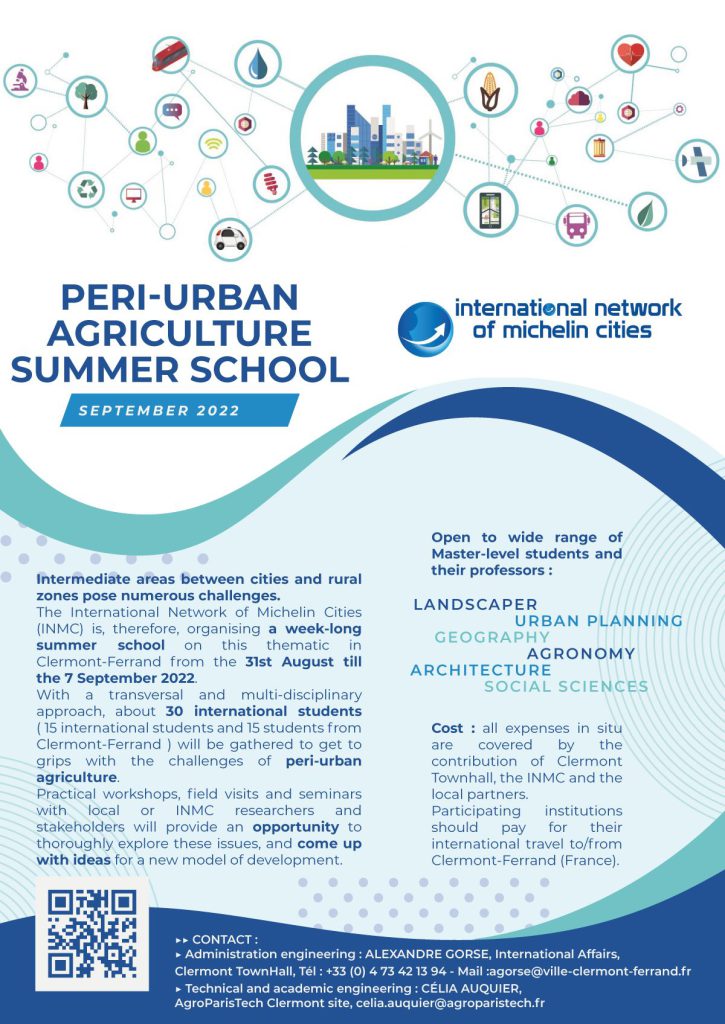
In addition to these labs, a roundtable was held on 12 October, to gather several networks : UrbEnPact European project, les Entretiens Jacques Cartier, OrbiMob and INMC.
Over 55 people participated.
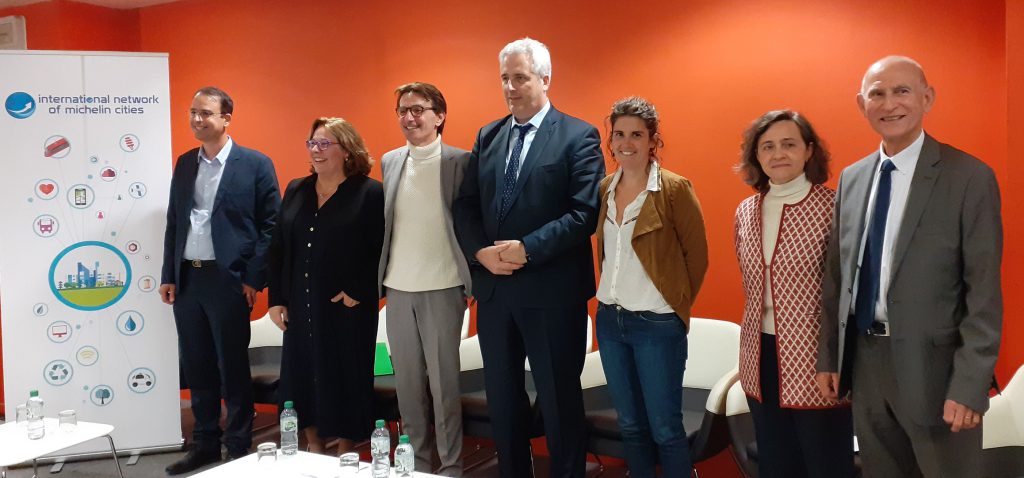
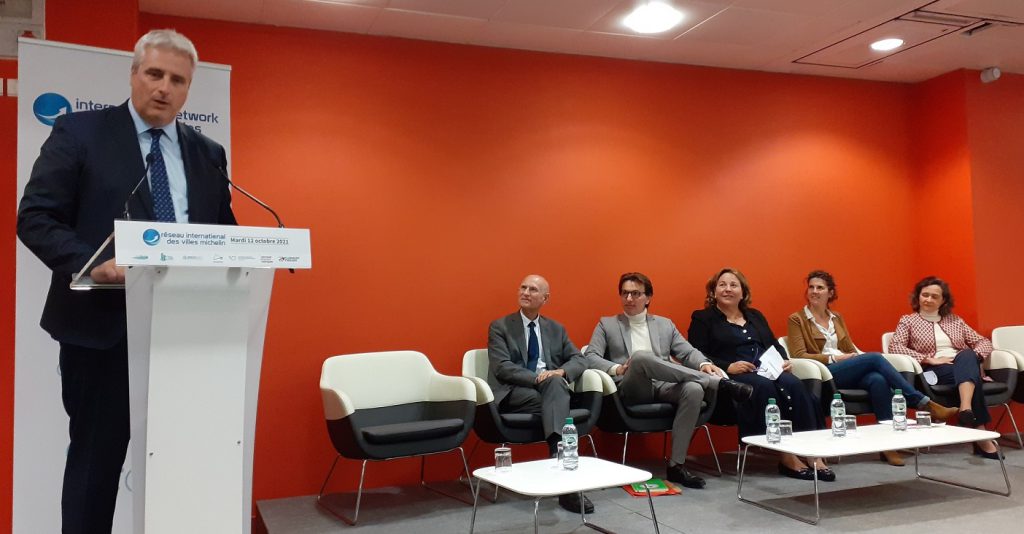
A side from the workshops, the Mayor of Cuneo Federico Borgna and the Mayor of Clermont-Ferrand, Olivier Bianchi signed together their cooperation agreement !
